This timely, concise book provides an introduction to managing and assessing international political risk. Ian Bremmer and Preston Keat downplay the jargon and specialists’ terminology, so their book is easily accessible. However, the authors do presume that readers have at least a nodding acquaintance with the facts of international business life. Many recent risk management books focus more on managing market risks. Political risk, while less quantifiable, still presents a challenge and demands effective administrative attention. This book is a valuable addition to the literature on risk management. Its great merit, getAbstract reports, is that it provides a framework for understanding the nature of political risk and a variety of approaches to managing it.
Political Risk
The Russian default of 1998 was a stark reminder that devastating events occur with greater probability than a standard, normal distribution suggests. The tails of the political risk bell curve are not thin, indicating a low likelihood of catastrophic upheavals, but fat, meaning a potentially cataclysmic political event is likelier to occur than many imagine. However, corporate decision makers frequently give such fat-tail events much less attention than they merit, mostly because political risks seem complicated, unpredictable, daunting, unquantifiable and, thus, unmanageable.
A political risk is any political event that might cause a change in asset values or financial performance. This can be a regulation, a government ruling or a more significant trauma, like a revolt or a terrorist attack. Laws do not mandate political risk management, but ignoring it is imprudent. Political risk exists everywhere, even in developed nations, but it is complex. No one can predict the precise consequences of any given constellation of political forces, but experts often can foresee that major losses are possible or probable. Political risk stems from numerous sources...
Ian Bremmer, author of The J Curve: A New Way to Understand Why Nations Rise and Fall, is President of the Eurasia Group, where Preston Keat is Director of Research.









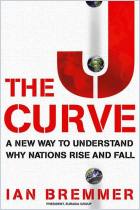
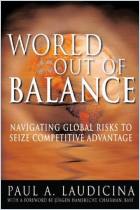
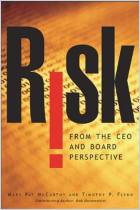

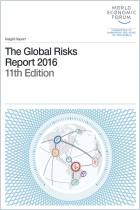
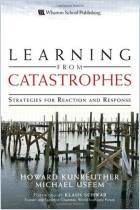




Comment on this summary or Start Discussion